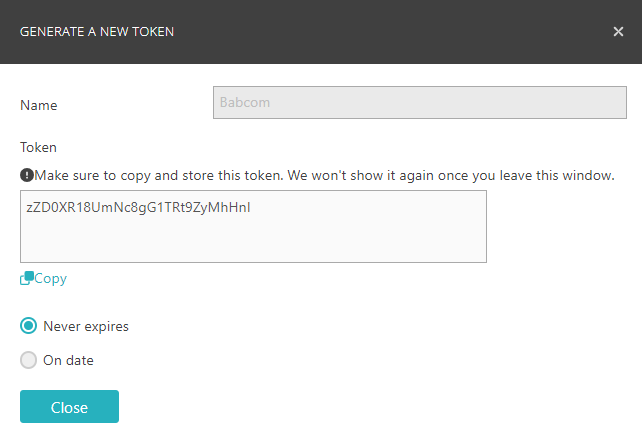Deploy the local RADIUS server container using Docker on Linux
In this topic, you will learn how to deploy the Portnox™ Cloud local RADIUS server container using Docker on a local Linux machine (physical or virtual).
Read the following important information before you begin:
-
We assume that the Linux machine is already installed, configured, updated, and connected to the local network. This guide includes only the installation and configuration of Docker and the Portnox Cloud local RADIUS server container.
-
You cannot place NAS devices behind a NAT because the local RADIUS server uses the source IP address of the connection, and with a NAT in place, that address would be the same for several NAS devices.
Install Docker
In this section, you will learn how to install Docker on the Linux machine.
Skip this section if Docker is already installed.
Run the Portnox Cloud local RADIUS container
In this section, you will learn how to deploy the local RADIUS server Docker container locally to the Linux machine.
Result: Your local RADIUS server is active.
You can check its status in Portnox Cloud, in the section.
Ubuntu:

RedHat:

Automatically update an existing local server container
In this section, you will learn how to automatically update your Docker container to the latest version by deploying another Docker container: portnox-autoupdate.
Remove an existing local RADIUS container
In this section, you will learn how to manually remove an existing local RADIUS container.

